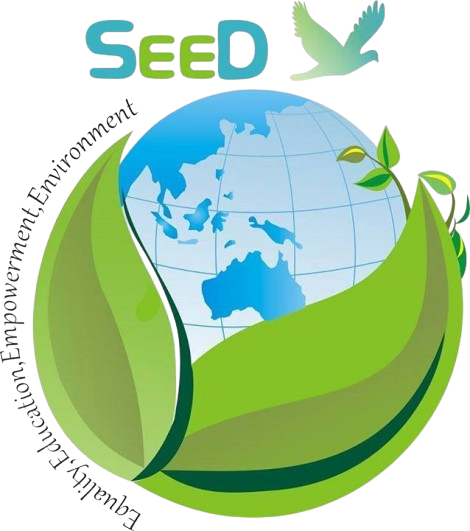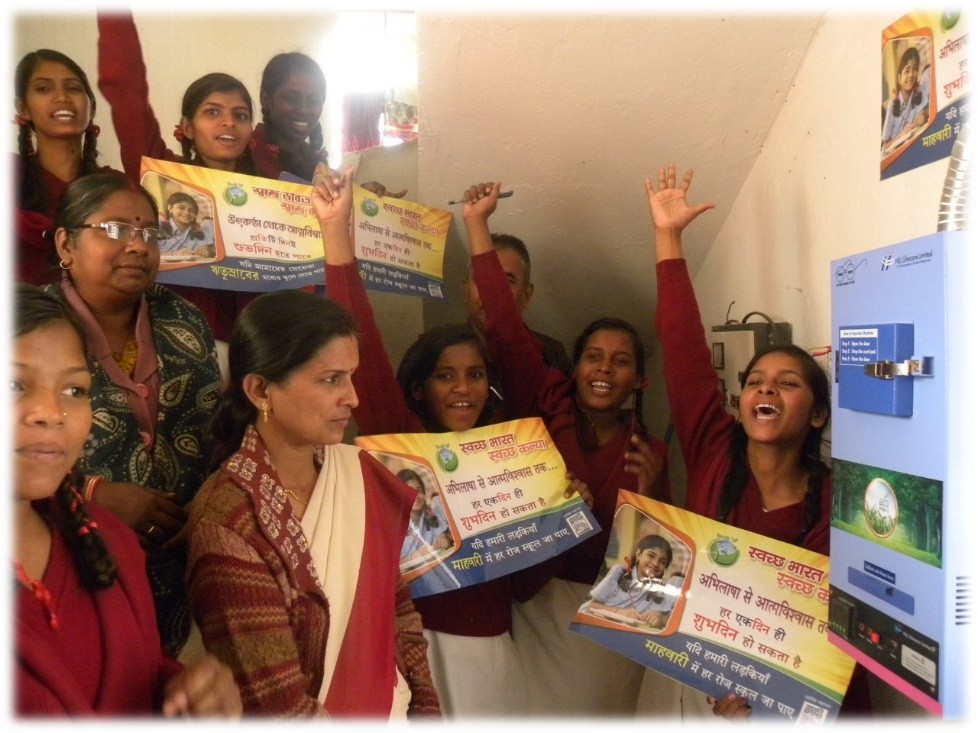






In underserved, tribal, and climate-sensitive areas across Jharkhand and West Bengal, women and adolescent girls face compounding challenges when managing menstruation. These include deep-seated social taboos, limited access to sanitary products, inadequate WASH infrastructure, and recurring climate disruptions—such as floods and droughts—that further worsen menstrual poverty and educational exclusion
To address these interlinked barriers, SEED—with CSR support from Damodar Valley Corporation (DVC), implemented a large-scale Menstrual Hygiene Management (MHM) project across 350 educational and health institutions. The initiative aimed to break the silence around menstruation, build community awareness and institutionalize safe menstrual hygiene practices in both school and community health settings.
The programme ensured the regular availability of sanitary napkins in schools and healthcare centres through vending units. Simultaneously, awareness campaigns were rolled out using regionally adapted IEC materials and participatory learning techniques—such as street theatre, storytelling and peer-led discussions—to engage girls, teachers, mothers and frontline health workers
Climate-resilient messaging was embedded throughout the campaign, emphasizing water-saving hygiene practices, safe menstrual waste disposal and emergency preparedness for menstrual needs in disaster-prone areas. Importantly, the intervention fostered a supportive environment by involving male students and school staff in awareness workshops to dismantle the shame and silence surrounding menstruation.
This comprehensive programme addressed menstrual health as both a gender and climate justice issue—improving health outcomes, reducing stigma and strengthening educational resilience in some of the most disadvantaged and ecologically vulnerable districts of Eastern India.



Subscribe to the SEED Newsletter — and be part of the change!